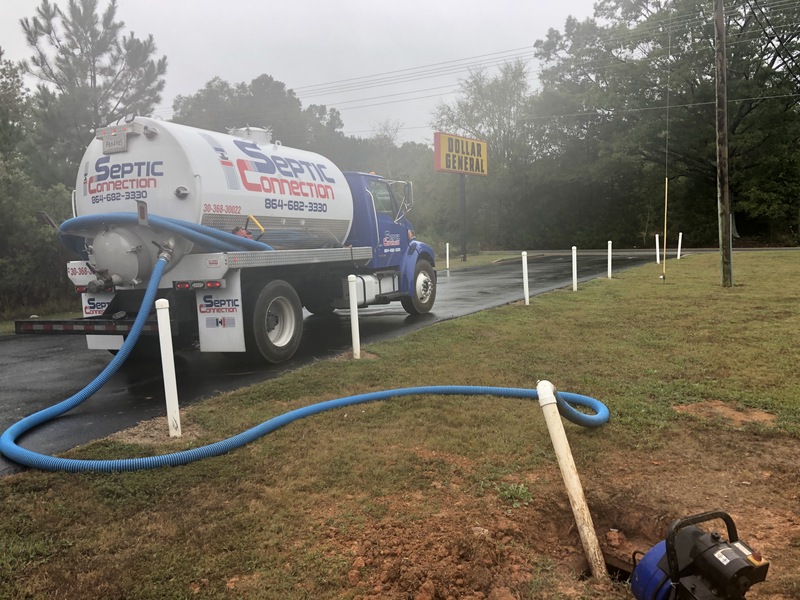
Septic tank pumping every two to three years is essential to maintaining an efficient and functioning system. Even if your unit is running as expected, without routine maintenance, you risk backup emergencies and subsequent water damage. Homeowners must locate their septic systems if an issue needs professional attention.
The last thing you want is a flooded home or yard because of a problem that could have been solved by scheduling routine maintenance inspections with a professional septic company. Septic Connection can ensure your unit is in excellent condition throughout the year, alleviating guesswork and inconveniences associated with faulty systems. Here are solutions to help you find your septic system tank and avoid costly emergencies.
The main sewer line is usually in a crawl space or the basement in most homes and is 4 inches in diameter. If you can’t locate your home’s cast iron or PVC pipe, check outside in the corresponding spots. Drain pipes are laid in straight lines, allowing you to locate the septic tank easily. If you prefer a more hands-off approach, we recommend hiring a professional septic company for regular maintenance.
Check for patchy parts or a large divot on the lawn, but you may find it by smell if you can’t locate it. It is not always easy to locate the septic system if you have paved surfaces, a well water system, a pool, or other yard features, but a septic company can ease any inconveniences during an emergency. We can pinpoint the main sewer line and assess and diagnose any issues with your unit before the damage becomes more pronounced.
Another effective way to locate your septic system is to use a probe. This is usually any four-foot rebar or similar object that can push hard when searching the yard. You don’t want to damage the yard by digging four-inch trenches, the average depth of most septic tanks. Once you locate your unit, uncover the lid with a shovel for a better view. If your system is clogged, you may require septic tank pumping and repairs to restore efficiency and function.
If a probe doesn’t work, and your home isn’t too old, check the public records for a septic system permit. This can help you find where your system is buried, ensuring timely repairs and maintenance. Septic systems are essential in residential and commercial establishments, and your county or city will probably have the information you can use to find the disposal unit.
A faster way to locate your system is by hiring a professional septic company for routine inspections. We leverage industry-standard equipment and experience to pinpoint your system. Trying to find the source of your septic problem can be a headache if you can’t locate your unit, but we can help. Contact us at Septic Connection and schedule a consultation with our team of experts. The location of your septic system is critical to providing the needed repairs and maintaining a safe home.